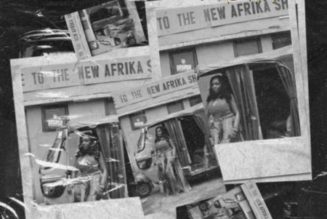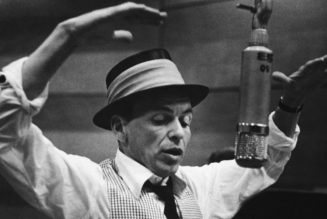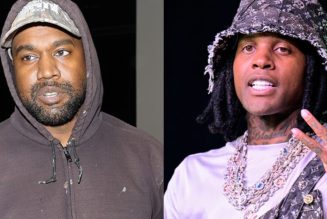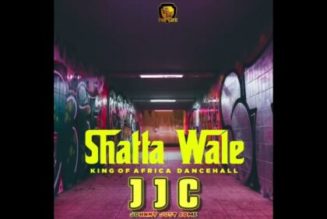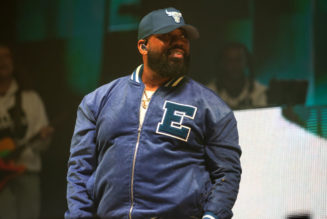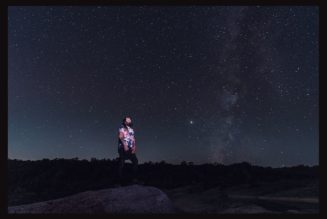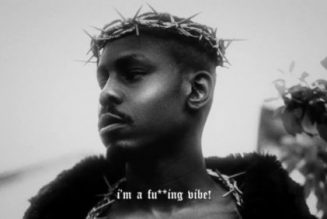The Grammy nominations for Best African Music Performance were announced on November 11, with Afrobeats superstars like Burna Boy, Davido, Asake, Davido, Olamide, and Ayra Star all getting nominated.
However, it was more a triumph for Amapiano, a relatively new and distinct genre of house music that emerged from South Africa in the early 2010s. This is because three of the five tracks nominated took their stylistic cues from Amapiano, according to the Recording Academy, organisers of the Grammy. Asake’s song that got nominated for Grammy even had the title ‘Amapiano’, indicating the influence the genre is gaining within the continent. Tyra, a South African R&B and pop singer who constantly taps into Amapiano for inspiration for her songs, was also nominated for her song ‘Water’.
“This can’t be said to have been a conventional year for Afrobeats,” Recording Academy, the organisers of the Grammy, said in a statement. “The genre’s best and brightest have embraced the sensual pulsating sound of Amapiano, the South Africa-born house offshoot that has taken clubs from London to Lagos by storm.”
In recent years, Afrobeats have been the dominant genre in Africa’s music scene as artists such as Davido, Burna Boy and Wizkid pack out big venues abroad and stamp their tracks on the hearts of music-loving fans around the world. While Angelique Kidjo (from Benin Republic) is the most Grammy-winning artist on the continent, Afrobeats stars have dominated nominations in recent times. Afrobeats is currently the continent’s most streamed genre of all time, thanks to Rema’s album ‘Rave & Rose Ultra’, which became the most streamed African music album of all time, amassing over one billion streams on Spotify on the second day of its release.
However, Afrobeats’ global rise has come at a price. Firstly, the more successful Afrobeats stars became, the more distant they were from the local African music scene where it all started. Afrobeats traces its original influences to the afro-beat style of Fela and popular highlife music. It also draws inspiration from jazz and hip hop, which are fused to make its upbeat or jubilant party music.
Afrobeats have attracted the biggest music labels to the continent who have signed contracts with the top artists and are helping them expand their global audiences – often at the expense of the local audience. A few have also been compelled to fuse foreign genres into their style and sometimes the output is not easily distinguishable from the Afrobeats that fans have come to love. The result is the current situation where Afrobeats stars are nominated for Grammy, not for Afrobeats but for giving prominence to Amapiano.
Read also: Afrobeats, Amapiano producers get long over-due credit
Amapiano is loosely translated to “the pianos” in Zulu. As a genre, it is characterised by a fusion of deep house, jazz, kwaito, and Afrobeat elements. The genre is set apart from other African pop genres by continuous piano melodies, and deep bass, with a touch of jazz and Zulu rhythms. Experts say the defining element of Amapiano is an iconic log drum, a bold, pulsating bass sound that can be found as a preset on FL Studio, a digital audio workstation developed by the Belgian company Image-Line.
Amapiano, which is known to have originated from South Africa, is more specifically described as the sound of the Ekasi, or townships, a description of the slum condition that black South Africans faced during apartheid. The post-apartheid, hip-hop style of Kwaito also emerged from the townships around Soweto, Johannesburg in the 1990s, and a new generation of bedroom producers began to build on that foundation in the 2010s.
Amapiano is attributed to the pioneering works of MFR Souls, Kabza De Small (self-styled King of Amapiano), and MDU, who is credited with inventing the log drum. In its early days, Amapiano was not particularly embraced by the mainstream club industry which was attracted to what was considered “high class” sounds. Gradually the tide began to turn and Kabza De Small’s EP with Maphorisa ‘Scorpion Kings’ is seen as the watershed moment for Amapiano.
Amapiano will however travel within and outside the African continent on the back of collaborations and the fusion of the genre with more popular genres. One particular genre that would boost the value of Amapiano was Afrobeats, by incorporating the beats into the now globally acceptable genre.
“Asake may have risen to fame based on his embrace of Amapiano, but Davido has been boosting the genre for even longer. Back in 2021, he joined forces with Amapiano DJ and MC Focalistic on ‘Champion Sound’, giving the sound a crucial early foothold into the Afrobeats scene,” the Grammy statement said.
The Champion Sound will go on to become Davido’s lead single in his 2023 Project Timeless, released after the death of his son.
In March, Spotify disclosed that the top exported Amapiano songs include Abo Mvelo (feat. Mellow, Sleazy and M.J); Love and Loyalty (Believe); Ameno Amapiano remix (You Wanna Bamba); Big Flexa; Hamba Wena; WAtawi (feat. David, Focalistic and Abidoza); Abalele;/Mina Nawe; Champion Sound and Tanzania.
Amapiano’s biggest gain is the ability to stay local. Despite the constant allures of foreign tours, Amapiano artists continue to host shows in South Africa and within the continent. While Afrobeats stars are busy with concerts abroad and promoters at home groan over exorbitant appearance fees charged in dollars, Amapiano stars are accepting gigs in South Africa and within the continent.
Read also: Wizkid, Davido, others nominated for South African Amapiano awards
There are 18 music concerts and festivals taking place in different cities in South Africa. In Nigeria, promoters are mostly rethinking organising big music concerts this holiday. Afro Nation cancelled its concert planned for this December, leaving only the Flytime Music Festival. The festival, which is scheduled to kick off from December 21, has yet to release ticket prices and push publicity aggressively like it did by this time last year.
Until recently, Afrobeats was not the genre that dominated the music scene in Nigeria. It overthrew a previous genre to be where it is today. Experts say there is a possibility Afrobeats may be overthrown soon by another genre should the superstars continue to ignore their home fans.
Hip-hop is what Afrobeats wishes it would become. In 2023, nearly a quarter of all streams on Spotify globally were hip-hop music, led by artists like Drake, Nicki Minaj, 21 Savage, Ice Spice, and Metro Boomin. However, the massive influence the genre has achieved is because it has stayed original and connected within American society for many decades.
“One of the most distinct aspects of hip-hop culture is its regionality, with the unique sounds coming out of local US scenes like New York, Atlanta, Los Angeles, and Miami helping one of the most dynamic genres in the world flourish,” said Spotify.



